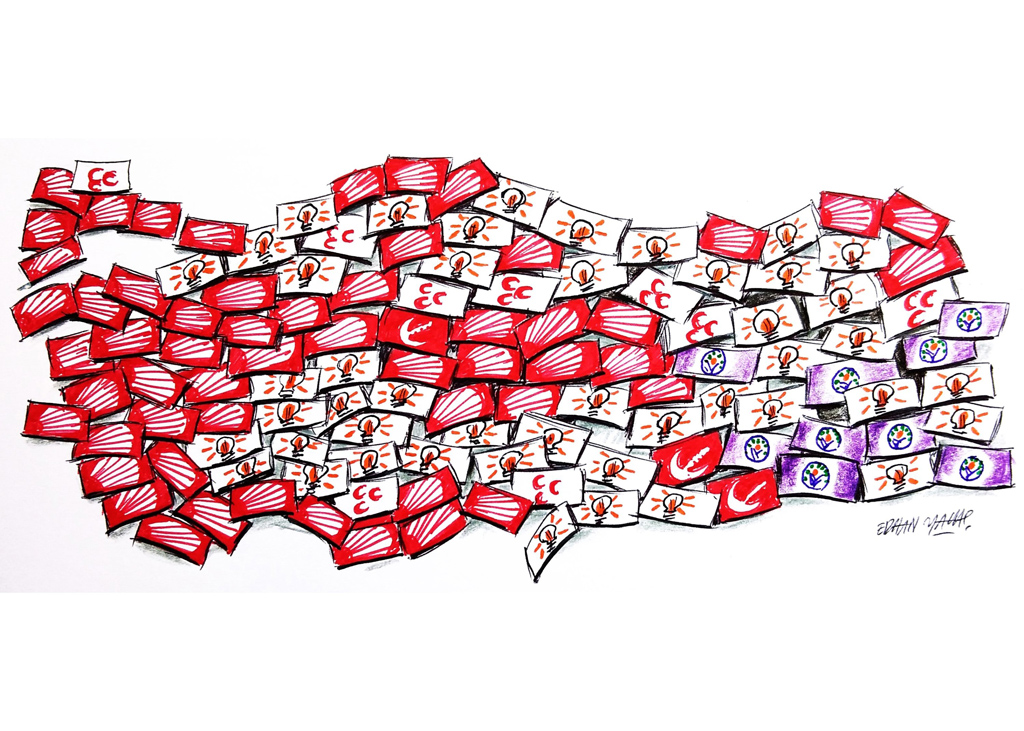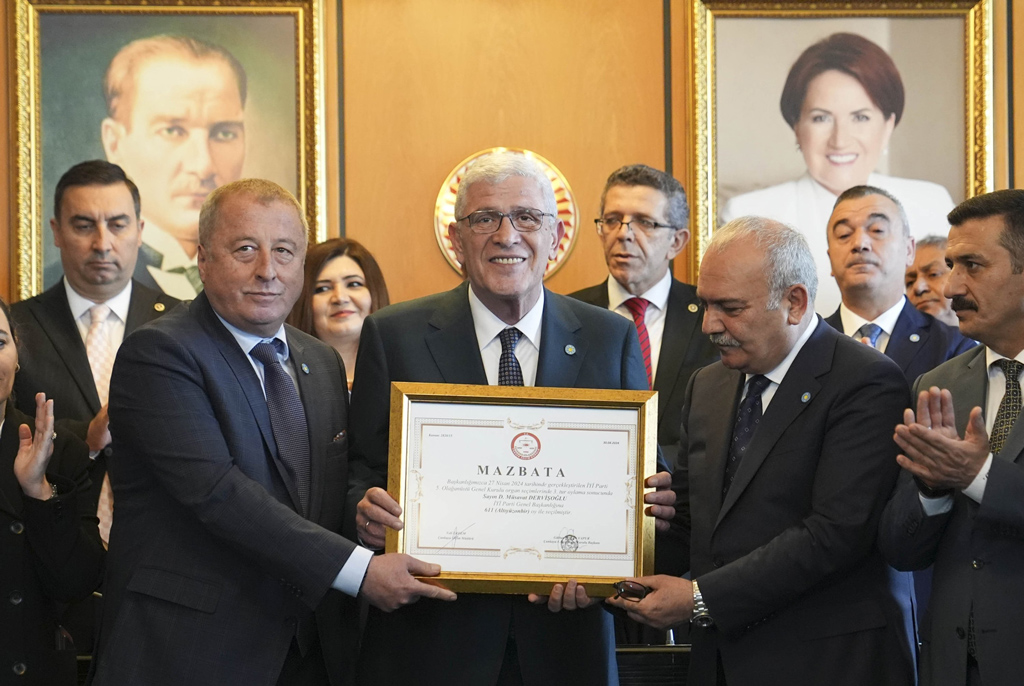
Türkiye’s local vote: Turning point for AK Party, milestone for CHP
Sunday's municipal elections in Türkiye highlighted the country's democratic maturity. Determining the outcome of political competition at the ballot box was yet another manifestation of democratic consolidation in the country. The Republican People's Party (CHP) ranked first in the election, where 78.55 of voters participated, receiving 37.76% and winning 14 metropolitan municipalities and 21 provinces.
Share
Sunday's municipal elections in Türkiye highlighted the country's democratic maturity. Determining the outcome of political competition at the ballot box was yet another manifestation of democratic consolidation in the country. The Republican People's Party (CHP) ranked first in the election, where 78.55 of voters participated, receiving 37.76% and winning 14 metropolitan municipalities and 21 provinces.
It was immediately striking that the CHP did not win over additional voters. Instead, the turnout rate was notably lower, and the Justice and Development Party (AK Party) appears to have lost some of its supporters. Consequently, the number of CHP voters increased by 3.3 million, while the AK Party witnessed a decline of 4.2 million.
Obviously, the opposition's "grassroots alliance" strategy paid off in metropolitan areas as the majority of the Green Left Party (YSP), informally known as the Peoples' Democratic Party (DEM Party), and Good Party (IP) supporters voted for CHP-affiliated candidates. In addition to consolidating its base, the CHP received strong support from similar-minded parties.
Based on the election results, it is possible to argue that social programs, candidates and the backlash against economic challenges played a bigger role than investments and projects on Sunday. In other words, the CHP maintained the opposition alliance between 2019 and 2023, albeit with a different method. In this sense, the interest and propaganda networks around CHP candidates Ekrem Imamoğlu and Mansur Yavaş successfully connected with the respective bases of similar-minded political parties.
Tags »
Related Articles







